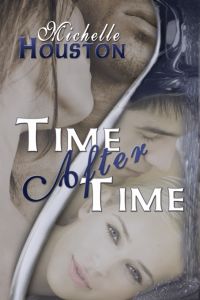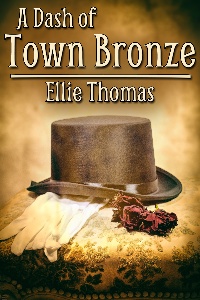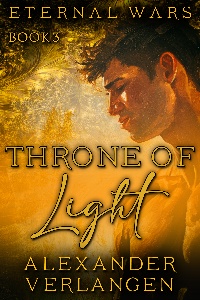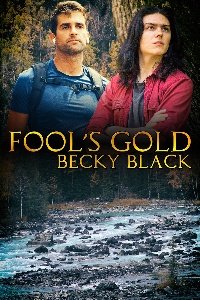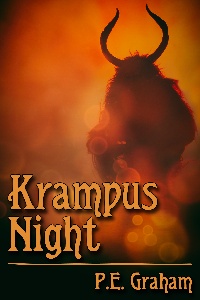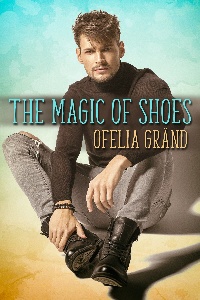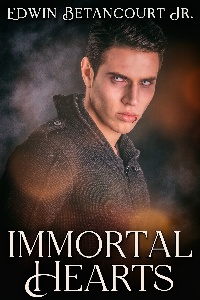Erotic Romance
- Erotic Romance
- Action/Adventure
- African-American
- Alternative (M/M, Gay)
- Anthology
- BDSM
- Chick Lit/Hen Lit
- Contemporary
- Erotica Fiction
- Fairy Tales/Myths
- Fantasy
- Futuristic
- Gothic
- Historical
- Horror/Twisted Tales
- Interracial
- May-December
- Menage a Trois/Quatre
- Multiple Partners
- Older H/h
- Paranormal
- Regency
- Romantic Comedy
- Romantic Suspense
- Rubenesque
- Science Fiction
- Shape-shifter
- Short Stories
- Time Travel
- Vampires/Werewolves
- Western/Cowboys
Mainstream Romance
- Mainstream Romance
- Action/Adventure
- African-American
- Anthology
- Bittersweet/Tragedy
- Chick Lit/Hen Lit
- Contemporary
- Fairy Tales/Myths
- Fantasy
- Futuristic
- Gay/Lesbian
- Gothic
- Historical
- Horror/Twisted Tales
- Inspirational
- Interracial
- Medical
- Paranormal
- Regency
- Romantic Comedy
- Romantic Literature
- Romantic Suspense
- Rubenesque
- Science Fiction
- Shape-shifter
- Short Stories
- Time Travel
- Vampires/Werewolves
- Western/Cowboys
- Women's Fiction
- Young Adult
Non-Fiction
- Art
- Biography & Autobiography
- Business
- Chemistry
- Children Nonfiction
- Computer Technology
- Cooking & Food
- Current Events
- Education
- Entertainment
- Ethics
- Family & Relationships
- Finance
- Folklore
- Gay/Lesbian Nonfiction
- Gender Studies
- General
- Grammar & Language Usage
- Health & Fitness
- History
- Humor
- Language Arts
- Medical
- Military
- Nature
- New Age
- Outdoor Recreation
- Performing Arts
- Pets
- Philosophy
- Political Science
- Professional
- Psychology
- Recovery
- Religion & Spirituality
- Self-Improvement
- Sociology
- Sports & Recreations
- Study Aids & Workbooks
- Text Book
- Travel
- Women's Studies
- Young Adult Nonfiction
Season of Joy (MM)
JMS Books LLC
In 1920s Cheltenham, Walter Webb has settled into a peacetime existence with relative ease. He's kept busy running the family grocer's shop with his father on Lower High Street, a working-class region of the famous Regency spa town. In his moments of leisure, he meets regularly with his ex-army pals that he served with in the Great War.
But being a respectable grocer means that Walter must keep his occasional liaisons with other men brief and anonymous. When he meets Stanley, the attractive and likeable brother of a customer, who is staying with his sister after a debilitating bout of pneumonia, Walter is tempted to throw caution to the winds on the chance of something more with this particular man.
Can these two men take a risk to find a lasting romance?

Season of Joy (MM)
JMS Books LLC
Shortly before closing time, Mrs. Harris entered the shop, accompanied by her numerous progeny. It was for good reason that Walter’s father referred to the junior members of the Harris family as “the holy terrors.”
If Dad had known they were coming, he would have delayed nipping out for five minutes.
Walter hid a grimace while keeping a close watch on the arrangements of piled tins, all too tempting an obstacle for small, unruly children.
The three older ones, used to being well-behaved at school, stood quietly enough by their mother as she approached the counter. To Walter’s relief, the two youngest, a boy and a girl, the rambunctious pair of twins, were not running riot but remained contained, each holding the hand of an unfamiliar man.
“I only popped in for a couple of tins of corned beef,” Mrs. Harris said chattily. “I thought I had some put by in the larder. Isn’t it strange how quickly food gets used up when you’ve another mouth to feed?” She smiled and continued, “My brother Stanley is staying with us while he recuperates.”
Walter gave a nod of acknowledgement as he selected the tins of canned meat. He was already aware of the newcomer to the tight-knit streets that comprised old Cheltenham.
Local shops were a mine of ready information. It was surprising what intimate details people revealed to shopkeepers or loudly speculated about to each other in the shop.
Mrs. Harris’ brother’s arrival from the village of Lydbrook in the Forest of Dean, her home before marriage, had inevitably caused a steady stream of gossip.
“He’s not quite right, so I’ve heard,” one lady said, tapping the side of her behatted head sententiously. Another more sympathetic soul had added, “The poor chap has had repeated bouts of pneumonia as a result of the Great War, so I believe.” A final tactless commenter declared, “You’d have thought he’d have got over that by now.”
That remark had caused Walter to grit his teeth and hold back a pithy retort.
Most civilians back in Blighty had no notion of the horrors of trench warfare, often affecting a man for the rest of his days. Walter was mostly grateful that civilians were spared those harrowing experiences, but such ignorance raised his hackles.
“There you are,” he gravely handed the tins to two of Mrs. Harris’ most responsible children.
“Can I help you with anything else?” he enquired politely, as though he wasn’t eager to see the back of the family before the twins wriggled free to wreak havoc.
“A jar of Hartley’s jam would come in handy. It’s Stanley’s favourite.”
She jerked her head towards her brother. Walter naturally glanced in the same direction. Contrary to his first assumptions, rather than clutching the twins to keep them under control, the infants seemed to be helping to hold the man upright.
He’s hardly a heavyweight, more of a bantam in boxing terms.
He wasn’t tall, perhaps a few inches shorter than Walter’s five feet eleven inches and far less robust in build. Walter could hear the slight rasp of his breath from across the shop, confirming that he must suffer with his lungs. His face was downturned, hidden by his cap.
“Strawberry or raspberry?”
Walter addressed Mrs. Harris, but her brother answered.
“Damson, if you have it.”
He looked up as he spoke. Walter blinked.
Blimey, he’s a looker.
He was fine featured, but still managed to be handsome rather than pretty. His large dark eyes were emphasised by his sallow, over-thin face and his lush mouth was accentuated by a pencil moustache. Like a home-grown Rudolph Valentino.
People Also Bought:
Need Help?
Siren-BookStrand Portal | Privacy Notice | Disclaimer | Content Restrictions

